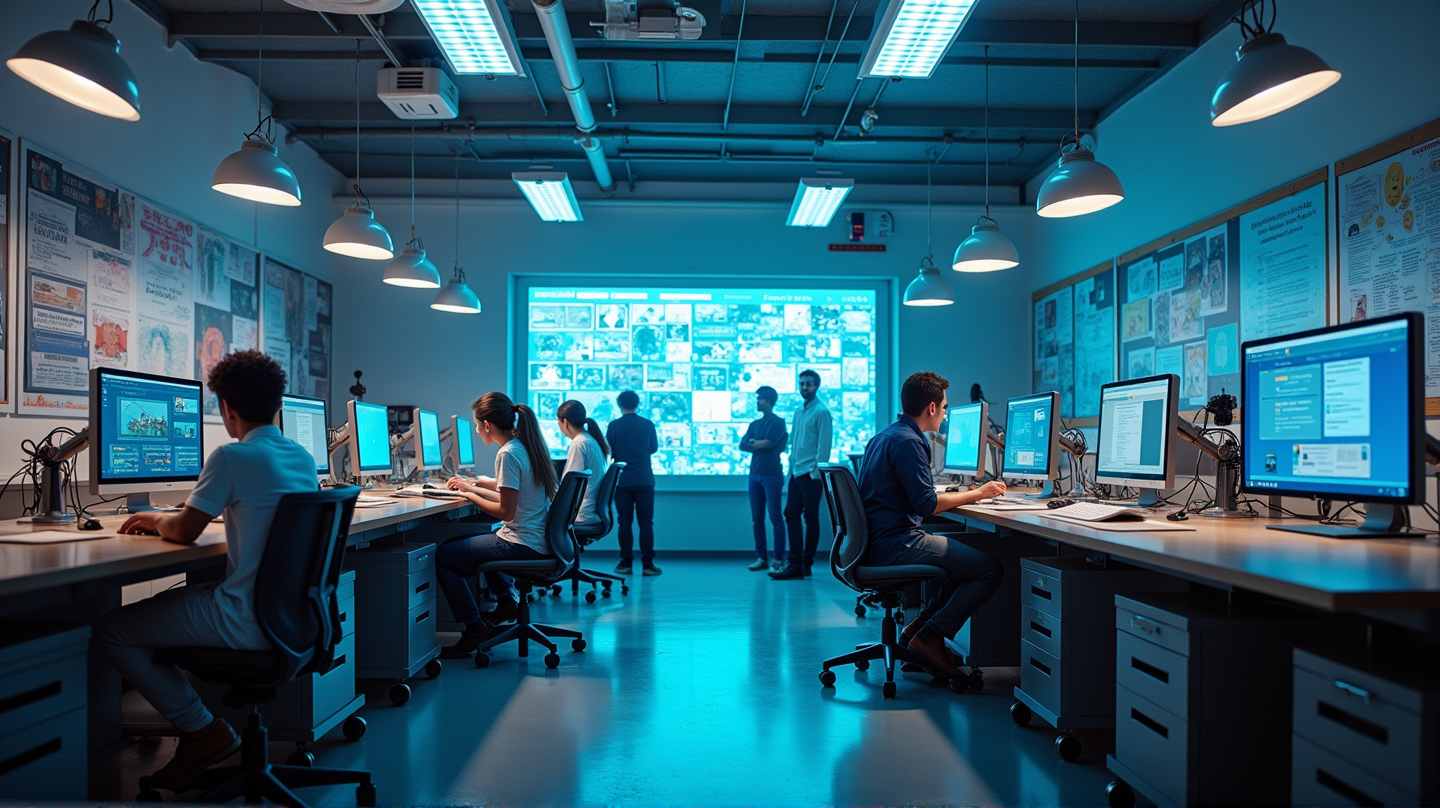Revolutionizing Biomedical Science: The Imperative of Technological Literacy
Explore how technological literacy is transforming biomedical laboratory science education and preparing future healthcare professionals for a digital world.

The Digital Shift in Healthcare
In recent years, the healthcare sector has witnessed a remarkable digital transformation. Advanced technologies like artificial intelligence (AI), big data, and wearable tech are becoming integral to healthcare practices. Nowhere is this shift more evident than in the field of biomedical laboratory science (BLS), where technological literacy (TL) is no longer optional—it’s essential.
Understanding Technological Literacy in BLS
Technological literacy in BLS is not just about mastering the latest tools and systems; it’s about understanding the ethical, social, and practical implications of these technologies according to BMC Medical Education. This dual focus on theory and practice ensures that graduates are not only proficient in technologies but also capable of wielding them responsibly in a rapidly evolving healthcare landscape.
Findings from Denmark’s University Colleges
A recent study analyzed BLS curricula across Denmark’s university colleges, utilizing a mixed-methods approach to uncover how TL is embedded within education. Results revealed that while application-oriented technology is emphasized, there’s a notable gap in fostering critical thought and ethical considerations. There’s often a disconnect between educational goals and students’ practical technological prowess.
Students’ Self-Perception: Confident Yet Cautious
Students participating in the study expressed confidence in their TL abilities, a sentiment largely nurtured by hands-on experiences, especially during clinical training. However, they also highlighted gaps and the need for teachers to receive ongoing professional development to remain abreast of technological advancements.
A Call for Comprehensive Educational Reforms
To prepare BLS graduates for the demands of Healthcare 4.0, the study recommends integrating critical thinking, ethical discussions, and experiential learning opportunities in BLS curricula. This holistic approach fosters a learning environment where technology is not only a tool but an enabler of innovation and improved patient care.
Bridging Theory and Practice
One essential takeaway is the pressing need to bridge the gap between theoretical knowledge and practical application. BLS programs must evolve to include more robust assessments of TL and incorporate interdisciplinary learning to keep pace with technological advancements.
Conclusion: Preparing for a Technological Future
The transformation of BLS education is underway, but it must accelerate. By embracing comprehensive TL strategies and harnessing collaborations with tech-forward clinical departments, BLS programs can ensure that graduates are well-equipped to contribute to the advancing world of digital healthcare. In doing so, they will not only keep pace with technology but lead the charge into a future of more innovative and effective patient care.





